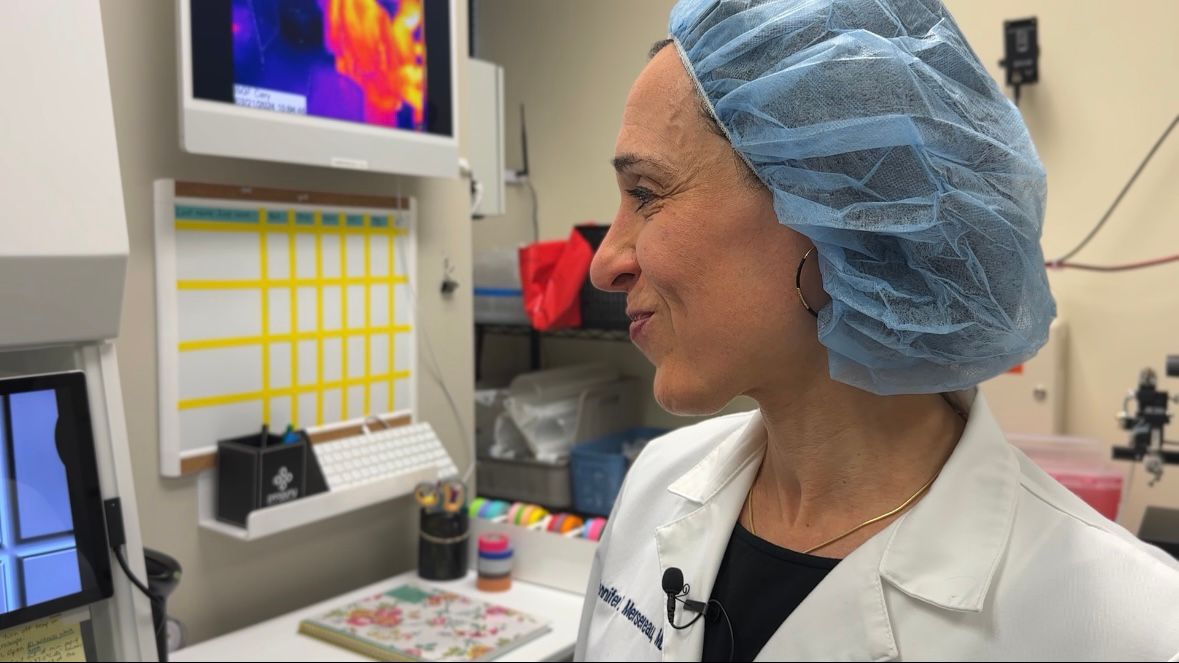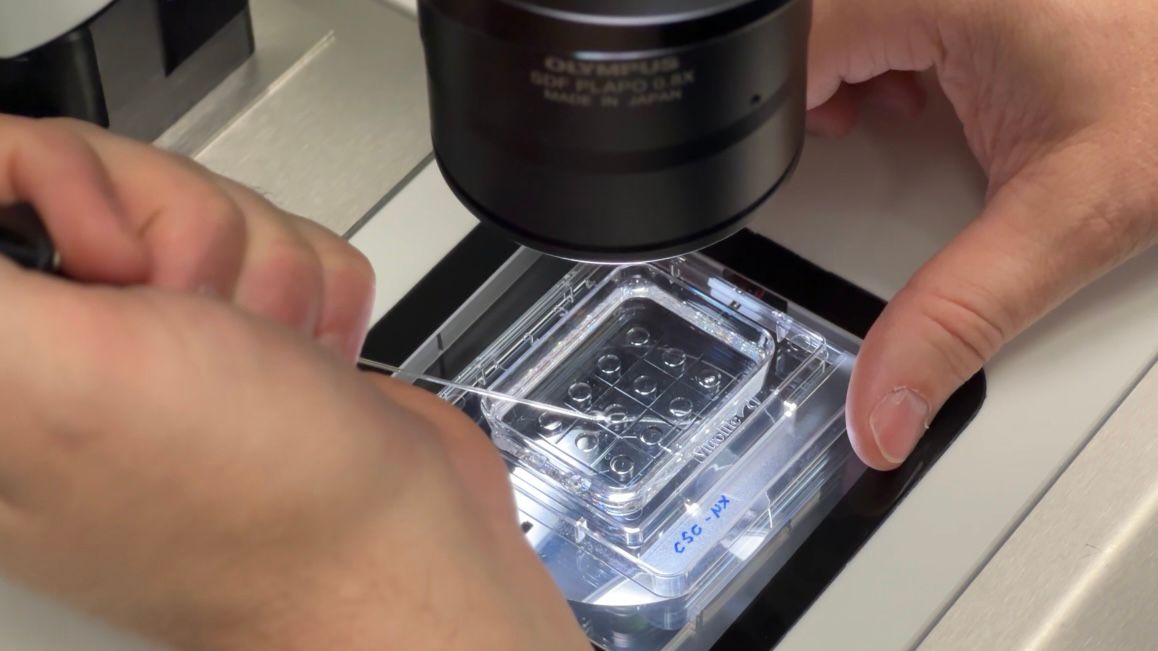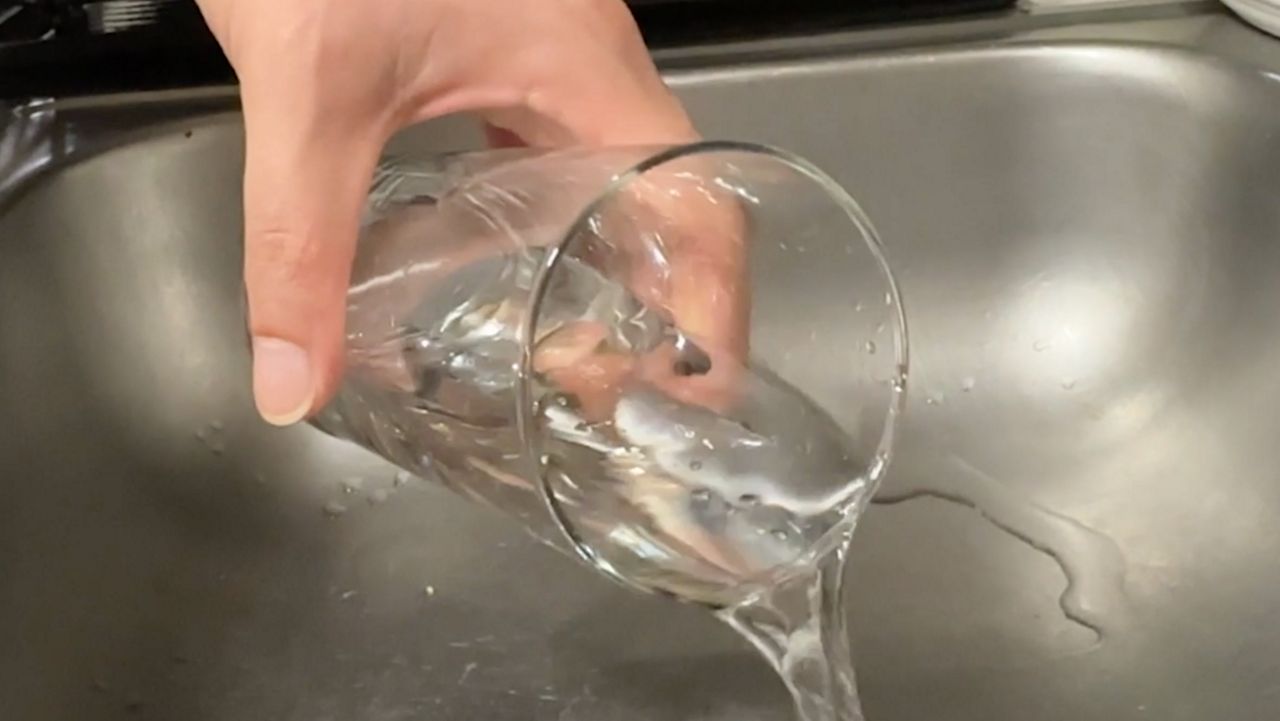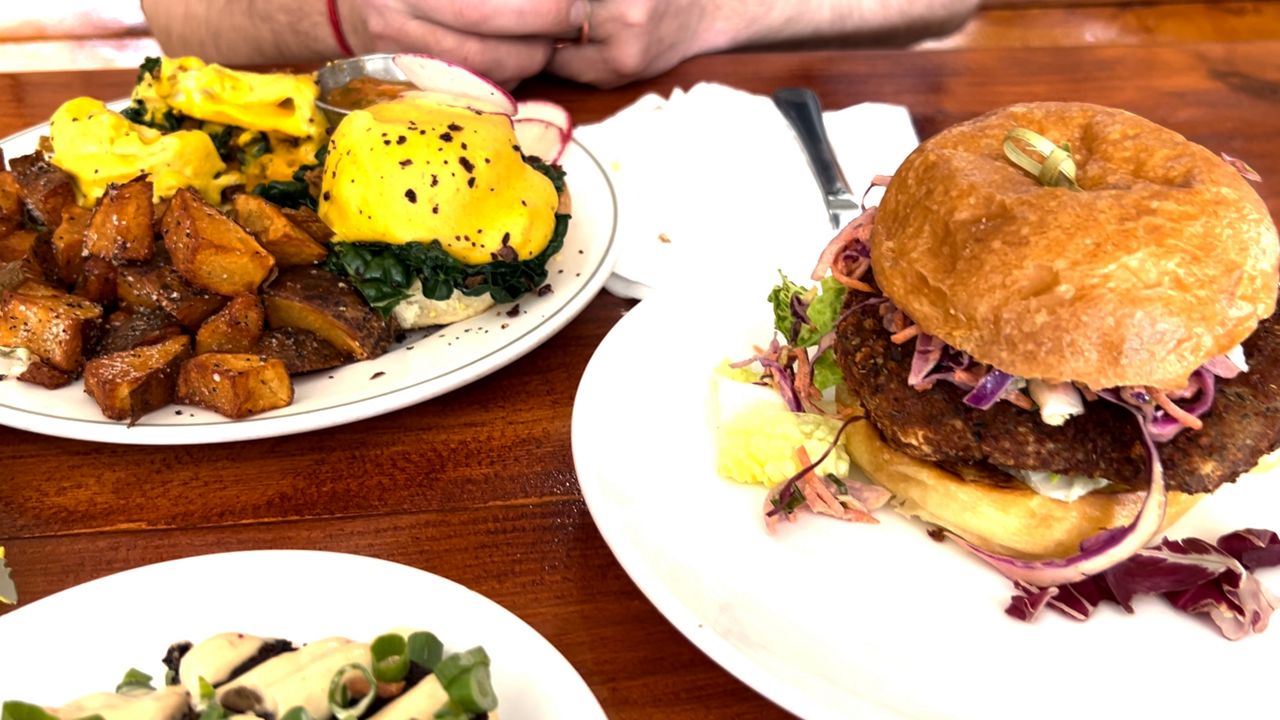RALEIGH, N.C. – According to the U.S. Department of Health and Human Services, around 1 in 9 couples have fertility issues and this week is National Infertility Awareness week.
Fertility treatments have been around longer than you might think — the first IVF baby in the U.S. was born in the 1970s.
“I think a lot of the stigma on seeing a fertility doctor has really hopefully decreased,” Dr. Jennifer Mersereau, a physician with Shady Grove Fertility, said. “People realize this isn't their fault, this is something that's treatable and we can get them to the place to get their goal of having a family.”

Mersereau has been helping people become parents for more than 20 years, and in that time she’s seen the field evolve. With careful monitoring and climate control, frozen embryos don’t have an expiration date and are viable for years after being frozen.
“When I started, we weren't very good as a field at freezing eggs, but technology has gotten better to the point that that can really be a good insurance policy for women,” Mersereau said. “They're frozen in liquid nitrogen, and I like to say they're just chillin'.”
Shady Grove Fertility operates clinics in 11 states and says it’s among the top five egg freezing programs in the country. It also has an internationally renowned donor egg program – the largest in the nation.

In vitro or "in the dish" fertilization may be the most well-known fertility treatment, but Mersereau says it is by no means the only one.
“Only about half of the people we see end up going down the path of IVF,” she said. “We try to make the journey as painless as possible and find a path that gets them to where they need to be. I tell patients, ‘Hey, this is my plan A. If it works, great. If it doesn't, we're going to work together,’ because in my mind, I have plan B ready, plan C, plan D.”
People seek out fertility clinics for different reasons — many may be struggling to get pregnant, others are looking to preserve their eggs after medical diagnoses, and some are LGBTQ couples hoping to start families.
The chance of a successful treatment is highly dependent on a woman’s age. Shady Grove Fertility says in 30 years of operation, they have celebrated more than 100,000 babies being born.
“I honestly view it as such an honor that our patients are willing to come to see us and, you know, bring us into this kind of scary and personal challenge that they're going through,” Mersereau said. “I feel lucky literally every single day that I get to do this.”









